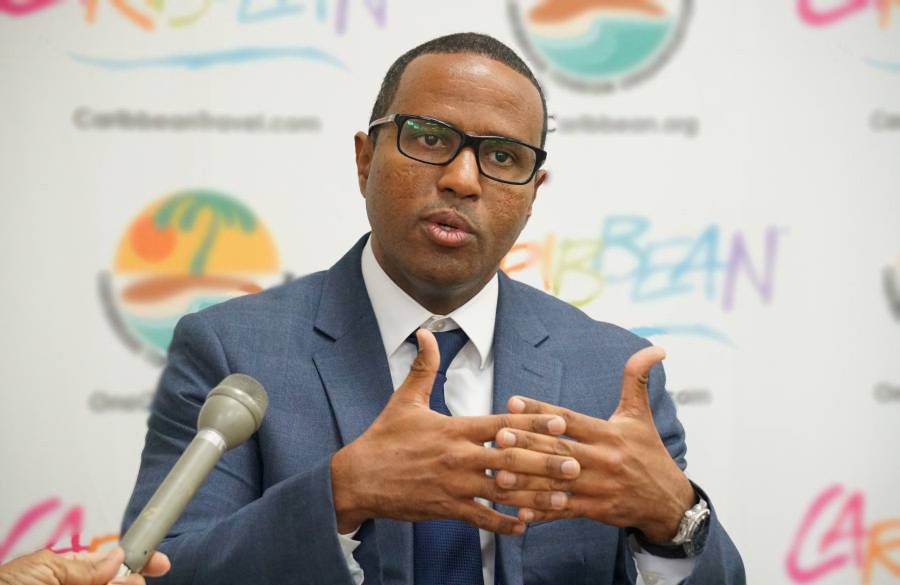Guyana is being encouraged to take several key steps in order to ensure the success of its landmark gas-to-energy project which is set to cut the cost of power in half and deliver significant benefits to the new oil producing South American country. According to former Director of Economics at the Caribbean Development Bank (CDB), Dr. Justin Ram, Guyana could find great value in conducting a demand and supply analysis to ensure it avoids the mistakes made by other nations such as Ghana and Trinidad and Tobago. These countries, he said, unfortunately found themselves caught in agreements where they had to accept and pay for significant quantities of gas, irrespective of their absorptive capacity or demand. Dr. Ram said this is clearly a situation Guyana would want to avoid.
The economist provided this salient piece of advice, among others during his participation in an OilNOW media webinar hosted on Thursday. There, Dr. Ram presented on and discussed his study, Gas to Power & Implications for Economic Diversification in Guyana.
The international economist was keen to note that Guyana should pursue the right experts to conduct a proper demand and supply analysis to truly understand how much gas would be needed.
Solar, Amaila, & gas-to-energy projects will power over 200 villages by 2027 – LCDS 2030
Dr. Ram said, “What tends to happen, and one of the lessons that have been learned from other parts of the world is that there is an oversupply agreement that is put in place. What tends to happen is if the government or those who are involved in the generation of electricity using the gas, they tend to be generating more electricity than is actually needed,” he said. “Now, of course, the reverse can also happen but if that happens, it is quite easy to ramp up…I would advise Guyana to look at the case of Ghana which provides a useful example with respect to an oversupply of gas.”
There is extensive research on Ghana which show how its Power Purchase Agreement (PPA) secured payments for 90 percent of the gas supplied by companies, even if it was not needed. Such an agreement was tied to Ghana’s Sankofa field gas project. The take-or-pay PPA led to Ghana paying over US$500M a year for unused electricity until the deal was successfully restructured in late 2020.
Taking this into account, Dr. Ram posited that Guyana needs to be very mindful of such a conundrum while adding, “I think to avoid this, private sector investment has to be part of this because in putting private money in this, the risk management approach is going to be very, very high. And by doing this, any potential financial burden could be reduced here.”
Gas pipeline could deliver huge benefits to hinterland communities, says int’l economist
With respect to Trinidad and Tobago, Dr. Ram explained that the authorities there had built a very large gas-to-power plant in the south of the country which was intended to supply an aluminum smelter with electricity.
“So of course, you can imagine there was going to be a significant demand but what did not transpire was the smelter was never built. So, what happens there is that the country is generating far more electricity than it requires, and it has a ‘take-it-or-pay-for-it’ contract in place and the owner of the grid still has to pay whether it can use all the power or not. And that is a publicly owned entity,” stated the economist.
He noted that the foregoing examples underscore why Guyana should pursue a proper analysis to ensure the viability of the project.
Be that as it may, the industry expert was keen to note that when one critically considers the job creation that will follow, the opportunities for new industries to be created, and the explosion of growth that would flow from lower electricity rates, it would be difficult to see how any appraisal could offer a net negative for the project.
He remains resolute that the project will be a significant benefit to the overall economy of Guyana.



